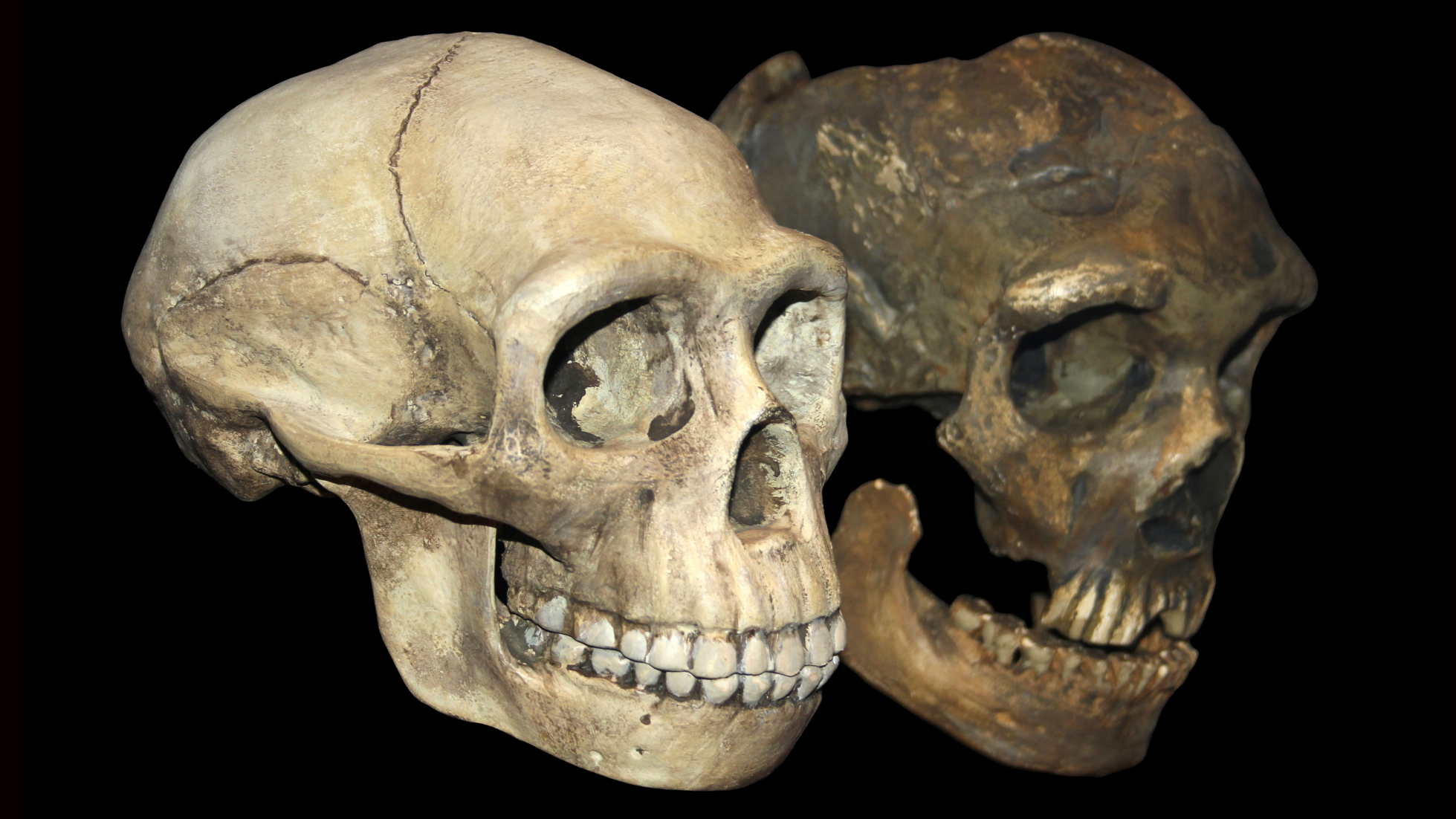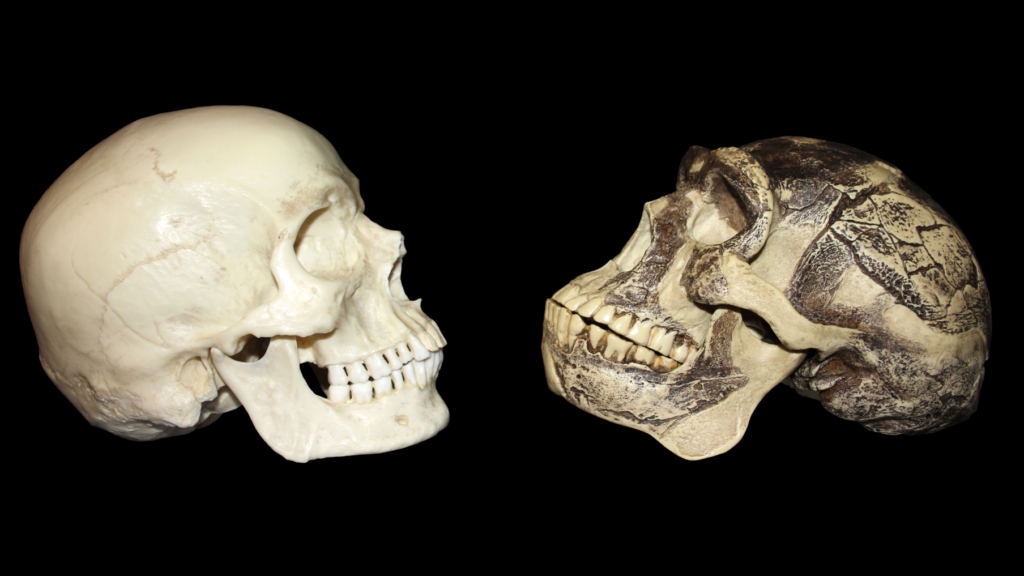The story of our ancient ancestors began in Africa millions of years ago. But there are considerable gaps between the first and current chapters of that tale, and some anthropologists are looking to Asia to fill in missing information about how humans evolved.
“The genus Homo evolved in Africa,” Sheela Athreya, a biological anthropologist at Texas A&M University, told Live Science. But as soon as Homo left the continent, “all bets are off because evolution is going to treat every population differently.”
One bet Athreya is investigating is the notion that there wasn’t a single origin of our species, Homo sapiens. Rather, the ancestors of today’s humans living in different geographic regions took different evolutionary paths, before eventually coalescing into the human tribe we know today.
Once humans left Africa, “you have so much complexity that it makes no sense to say there was only one origin of Homo sapiens,” Athreya said.
Key to this story is a different understanding of human evolution in Asia — and the possibility that Denisovans, a group of little-understood extinct human ancestors known from just a handful of fossils, were actually the same as a much earlier member of our family tree: Homo erectus, Athreya argues.
Related: Strange, 300,000-year-old jawbone unearthed in China may come from vanished human lineage
Early humans in ancient Asia
There’s a big gap in human evolutionary history. We know Homo evolved in Africa and that a human ancestor, Homo erectus, was already in Asia and parts of Europe by about 1.8 million years ago. But what happened in Asia between that point and the time when Homo sapiens arrived around 50,000 years ago? That picture is much less clear.
To help fill it in, Athreya has considered the emergence of our species, Homo sapiens, during the Middle and Late Pleistocene epoch (780,000 to 11,700 years ago). Her “deep-dive” into the human fossil record of Asia has convinced her that there are evolutionary pathways in places like Java, Indonesia, that differ from the Pleistocene patterns seen in Africa and Europe.
H. erectus reached Java at least 1.5 million years ago, and the species likely lasted there until 108,000 years ago. But the lack of more recent H. erectus bones doesn’t necessarily mean they went extinct, Athreya wrote in a 2024 study with co-author Yousuke Kaifu, an anthropologist at the University of Tokyo. Instead, these Javanese H. erectus could have persisted until H. sapiens appeared in Sumatra as early as 73,000 years ago and interbred with them.
The fossil record in China is similarly complicated. Around 300,000 years ago, there was a shift in what H. erectus fossils looked like, Athreya said. Skeletons in the Middle Pleistocene in China became more variable in form, and traits that were common in Western Eurasian groups like H. sapiens and Neanderthals, such as smoother bicuspid teeth, began to appear in these fossils.
This means that — instead of completely dying out — H. erectus in China may have made a genetic contribution to populations living today, Athreya said, just as Neanderthals left genetic traces in people with European ancestry and Denisovans contributed DNA to people with Oceania ancestry.

The idea isn’t impossible, one expert told Live Science.
Groups of ancient human relatives could have mated anywhere they met up, Adam Van Arsdale, a biological anthropologist at Wellesley College in Massachusetts, told Live Science. No matter where they lived, “I just think humans aren’t that different” during the Pleistocene.
What’s more, anthropologists are starting to realize that many of these groups that looked very different could still have interbred. Twenty years ago, scientists would have said “there’s no possible way” they could have interbred, Van Arsdale said. “And I just don’t think we can assume that anymore.”
So far, no DNA has been recovered from H. erectus fossils, largely because most of their fossils are too old, so there’s no genetic support for this idea. But emerging methods for extracting ancient proteins from fossils may soon make it feasible to identify some H. erectus genes.
Another route to understanding the fate of H. erectus in Asia may be to look more closely at the enigmatic Denisovans.
Since the only known skull of a Denisovan looks similar, in many ways, to that of H. erectus, those two groups may actually be one and the same.
“I don’t think that genetics is going to find that Homo erectus was a separate dead-end lineage,” Athreya said. “I would expect Denisovans to be Homo erectus.”
But until more work is done that combines DNA, artifacts and fossil bones in Southeast Asia, the full picture of human evolution cannot yet come into focus the way it has in places like Europe, Athreya said.
